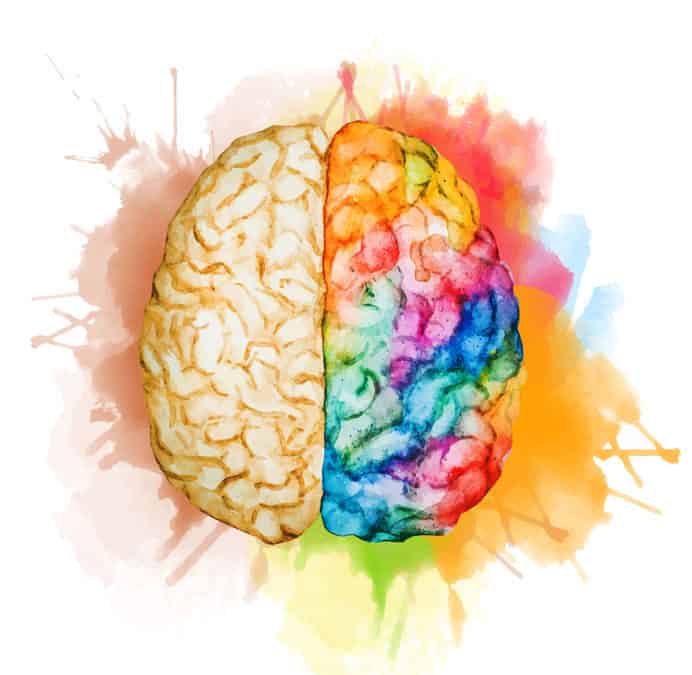
It’s no secret that hearing aids can do more than just improve hearing. They can help with balance, anxiety, and general quality of life. However, what many people don’t realize is that there is a connection between hearing loss and brain health – specifically memory – that is becoming more and more apparent over time.
How Hearing Loss Affects Memory
We “hear” with our brain, not with our ears. Although our ears are responsible for taking in sounds, our brains translate the sounds and assign them meaning.
When we experience hearing loss and our ears are unable to take in sounds, the connections in the brain that would ordinarily respond to sound become reorganized. The brain center for hearing continues to hold sounds for up to three years following the onset of hearing loss. However, after about seven years, the memory of those sounds becomes weaker and weaker. When the hearing nerves lose their function and no longer channel sound signals to the brain, the brain “forgets” the sounds over time and becomes unable to understand them.
In a 2011 study that tracked 639 adults for 12 years, Johns Hopkins expert Frank Lin, M.D., Ph.D, found that mild hearing loss doubled the risk of dementia. In fact, the worse the initial hearing loss was, the more likely the person was to develop dementia. Compared with people of normal hearing, those with moderate hearing loss had triple the risk. “Brain scans show us that hearing loss may contribute to a faster rate of atrophy in the brain,” Lin says.
In addition, Lin describes other factors of hearing loss that may contribute to dementia. “Hearing loss also contributes to social isolation. You may not want to be with people as much, and when you are, you may not engage in conversation as much.”
Preventing Memory Loss and Dementia with Healthy Hearing
The findings of Lin’s study and other studies with similar findings don’t necessarily mean that someone with hearing loss will develop dementia; rather they just go to show how important healthy hearing is.
Fortunately, there is an upside to these findings – the possibility that treating hearing loss more aggressively could help prevent cognitive decline and dementia. Hearing aids can provide the stimulation needed for the brain to “remember” forgotten sounds and restore the normal organization of sounds to its “sound center.” This allows the brain to more readily react to the sounds that it had been missing and cognitively process them.
Hearing loss is often gradual, and many people don’t realize they are losing their hearing. If hearing loss persists and the fitting of a hearing aid is seriously delayed, not even a hearing aid will be able to transform these sound signals into understandable information. This means that the brain will no longer be able to recognize ordinary sounds, such as a telephone ring. The brain must learn to “hear” all over again. For this reason, it is recommended to have your hearing tested at the first sign of hearing loss.
At Whisper Hearing Centers, we are committed to your hearing health. We are highly-trained and experienced in the testing, diagnosis and treatment of hearing loss. Click here for a free online hearing quiz, and contact us to schedule an appointment with an audiologist. Connect with us on Facebook, submit this online contact form, or give us a call today.
